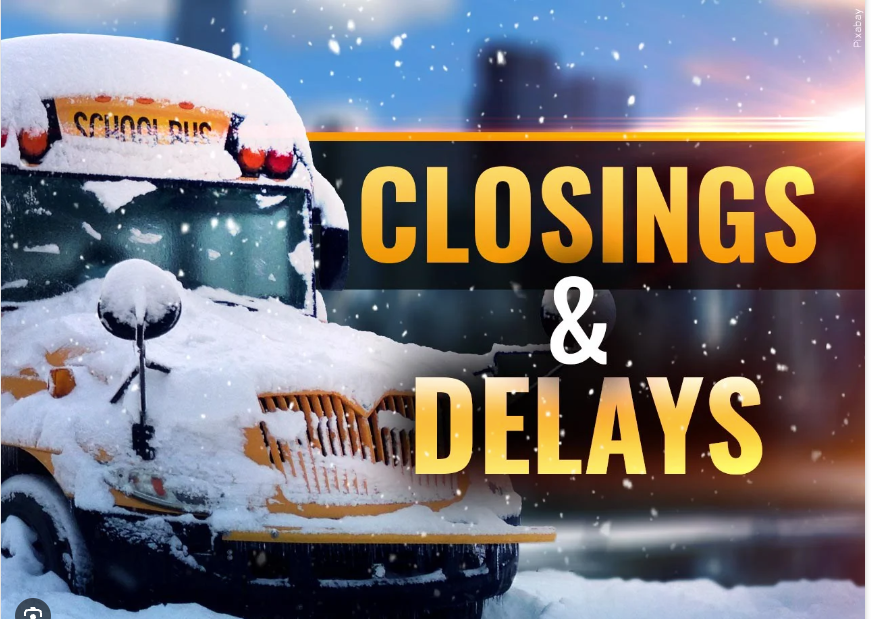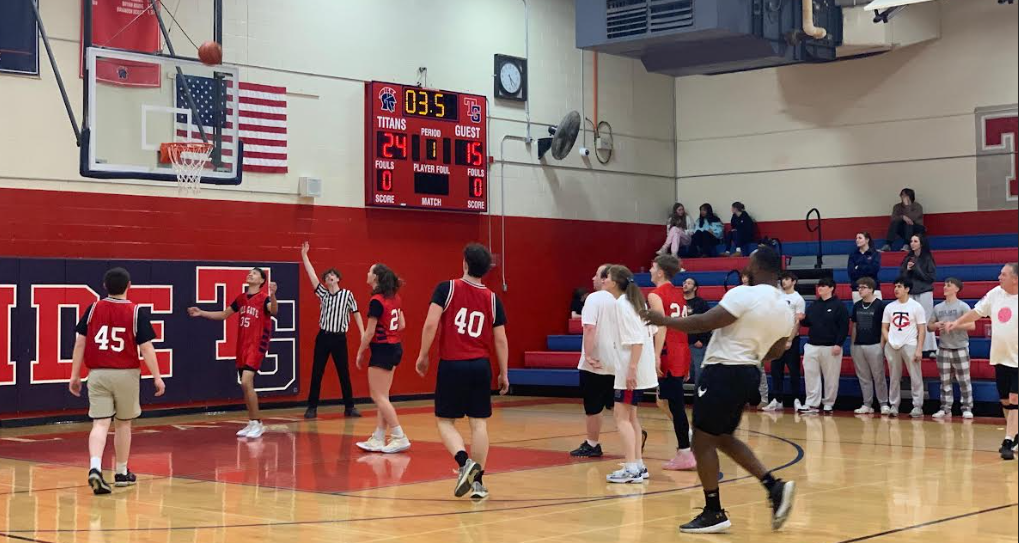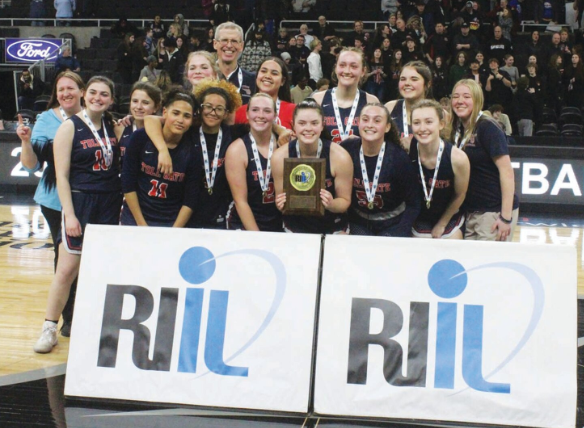In the not-so-distant past, the prospect of snowfall would elicit jubilant cheers from students anticipating a day off – a cherished “snow day.” Fast forward to the present, and the education landscape has undergone a seismic shift, dramatically transforming the concept of a day away from the classroom.
Before the global pandemic, students reveled in the spontaneity of an unexpected day off, where the world beyond the school gates transformed into a winter wonderland. However, the emergence of COVID-19 has rewritten the rules of the academic playbook, leaving the notion of carefree snow days in the past.
While this paradigm shift has been vital in ensuring the continuity of education, the response from students has been diverse and nuanced. Some staunchly believed that the priority should be on preserving the sanctity of education, advocating for the adaptation to distance learning to safeguard academic progress.
In the words of educational psychologist Dr. Robert Brooks, “While it’s crucial to adapt and ensure the continuity of education, we must also recognize the importance of balance. A well-rounded education encompasses not only academic growth but also the development of life skills, social interaction, and a healthy mental state.”
Some student who support traditional snow days cherish the excitement of the unexpected time off, relishing the opportunity to play in the snow and enjoy a break from routine. They appreciate the spontaneity and sense of camaraderie that comes with a snow day. On the other hand, students navigating distance learning days might value the flexibility it offers but miss the social aspects and hands-on experiences that traditional snow days provide.






